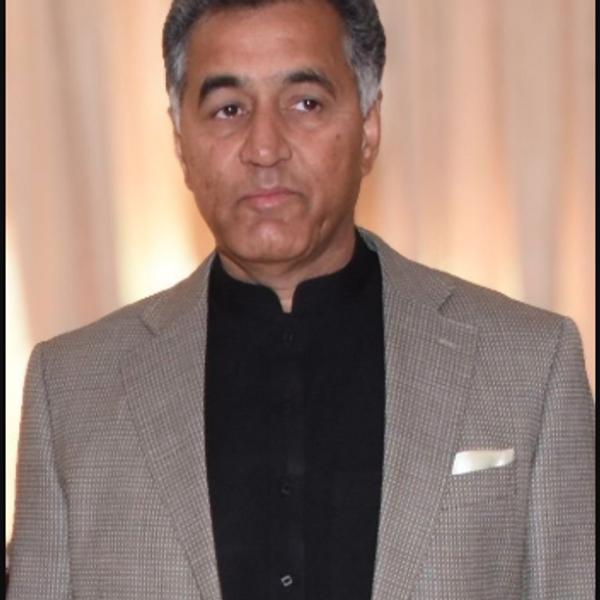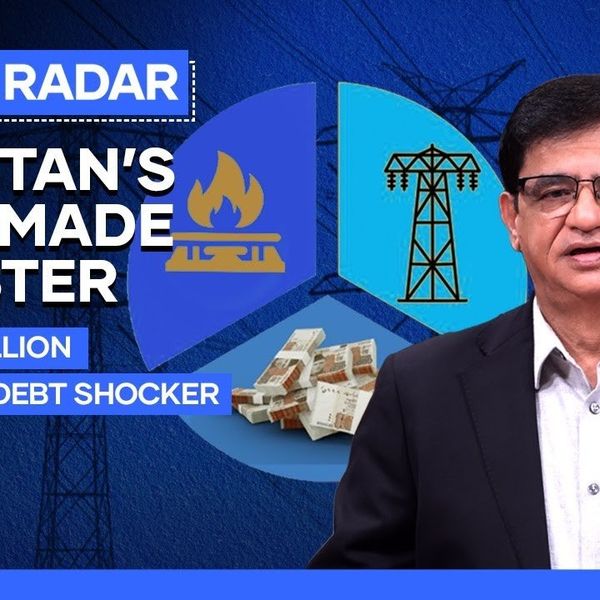Goldman Sachs predicts gold prices to hit $3,000 by 2025
Trump’s presidency and geopolitical tensions may further fuel gold price growth, it says
Business Desk
The Business Desk tracks economic trends, market movements, and business developments, offering analysis of both local and global financial news.

Gold prices are expected to hit new heights in 2025
Photo by Pixabay at Pexels
Gold prices are expected to hit new heights in 2025, driven by rising central-bank demand and US interest rate cuts, according to Goldman Sachs. Analysts, including Daan Struyven, have set a target of $3,000 an ounce by December 2025.
Central-bank buying and US interest rate cuts are expected to drive the gold price surge, with a cyclical boost from exchange-traded funds (ETFs) as the Federal Reserve eases its policy.
According to several foreign news agencies, gold’s rally this year has been impressive, with prices reaching successive records, although a pullback followed Donald Trump’s election victory due to a stronger dollar. Goldman analysts, in a note, foresee continued support from central banks, particularly those holding large US Treasury reserves, as they diversify into gold.
Goldman Sachs sees Trump’s second term as potentially benefiting gold prices, particularly amid heightened geopolitical tensions and growing concerns over US fiscal sustainability. An escalation in trade tensions could reignite speculative interest in gold, according to the analysts. They also noted that central banks — especially those holding significant US Treasury reserves — may choose to buy more gold as a safe-haven asset.
Gold’s safe-haven appeal could intensify if trade disputes escalate or US fiscal issues worsen.
Spot gold recently stood at about $2,584 an ounce, having peaked above $2,790 last month. The analysts expect the bull run to continue, with Trump’s presidency potentially aiding bullion prices, especially if geopolitical tensions spike.










Comments
See what people are discussing